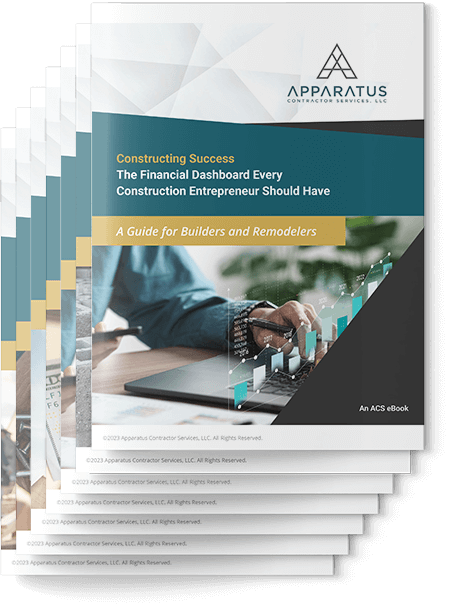Succession planning is an essential aspect of running a closely held construction business that often gets overlooked. It involves determining how the ownership and management of your business will transition when you decide to retire or in the event of unforeseen circumstances. In this blog post, we’ll discuss the importance of succession planning and share practical tips to help you develop a successful plan for your construction business.
TIP #1: Understand the Importance of Succession Planning
Succession planning is crucial for the long-term success and continuity of your construction business. By developing a solid plan, you can:
- Ensure the smooth transition of leadership and maintain operational stability.
- Protect the interests of your family and other stakeholders.
- Minimize potential conflicts among successors and other key personnel.
- Preserve the value of your business and prepare it for sale or transfer to the next generation.
TIP #2: Assess Your Current Situation
The first step in succession planning is to assess your current situation. Consider:
- Your retirement goals and timeline.
- The value of your business and its potential for growth.
- The skills, experience, and aspirations of potential successors, including family members and key employees.
- Any existing agreements or legal obligations that may impact the succession process.
TIP #3: Identify and Develop Potential Successors
Identifying and developing potential successors is a critical aspect of succession planning. To help you select the right individuals, consider:
- Assessing the skills, experience, and leadership qualities of potential successors.
- Providing opportunities for professional growth and development, such as training programs, mentorship, or job rotations.
- Involving potential successors in strategic planning and decision-making to help them gain a deeper understanding of the business and build their leadership skills.
TIP #4: Establish a Clear Succession Plan
Once you have identified potential successors, it’s essential to develop a clear and detailed succession plan. This should include:
- A timeline for the transition of ownership and management responsibilities.
- A clearly defined ownership structure and decision-making process for the future.
- A plan for the transfer of assets, including any potential tax implications.
- A strategy for addressing any potential conflicts or challenges that may arise during the transition.
TIP #5: Communicate Your Plan
Effectively communicating your succession plan to key stakeholders, such as family members, employees, and business partners, is essential for ensuring a smooth transition. Be transparent about your intentions and provide regular updates on the progress of the plan. Encourage open dialogue and address any concerns or questions that arise.
TIP #6: Review and Update Your Plan Regularly
Succession planning is an ongoing process, and it’s essential to review and update your plan regularly to ensure it remains relevant and effective. Factors such as changes in your personal circumstances, business performance, or industry trends may impact your plan and necessitate adjustments.
TIP #7: Collaborate with Professional Advisors
Working with professional advisors, such as financial planners, accountants, and attorneys, can provide valuable guidance and expertise throughout the succession planning process. They can help you navigate complex tax, legal, and financial issues and ensure that your plan is comprehensive and compliant with all relevant regulations.
Conclusion
Succession planning is a vital component of managing a closely held construction business. By proactively developing a well-thought-out plan, you can ensure the continuity and long-term success of your business, protect the interests of your family and stakeholders, and secure your legacy in the construction industry.
GET THE PROFESSIONAL BOOKKEEPING HELP YOU NEED
Apparatus Contractor Services, LLC provides affordable bookkeeping, payroll, and CFO services exclusively to construction-industry businesses. Let us give you the precision bookkeeping foundation you need to grow a remarkably profitable construction business. LEARN MORE









